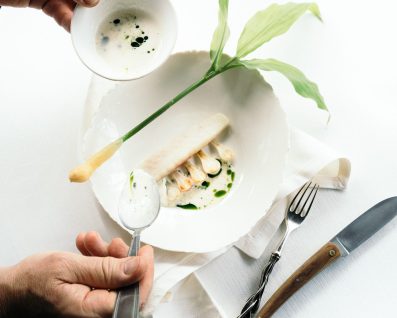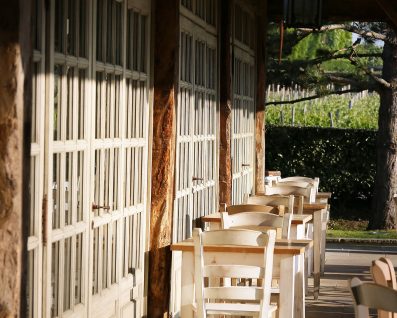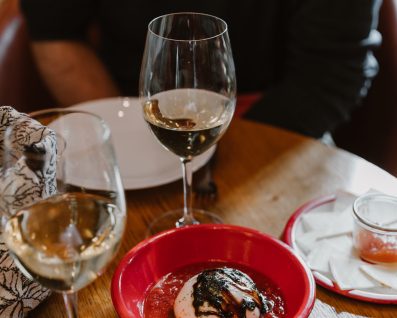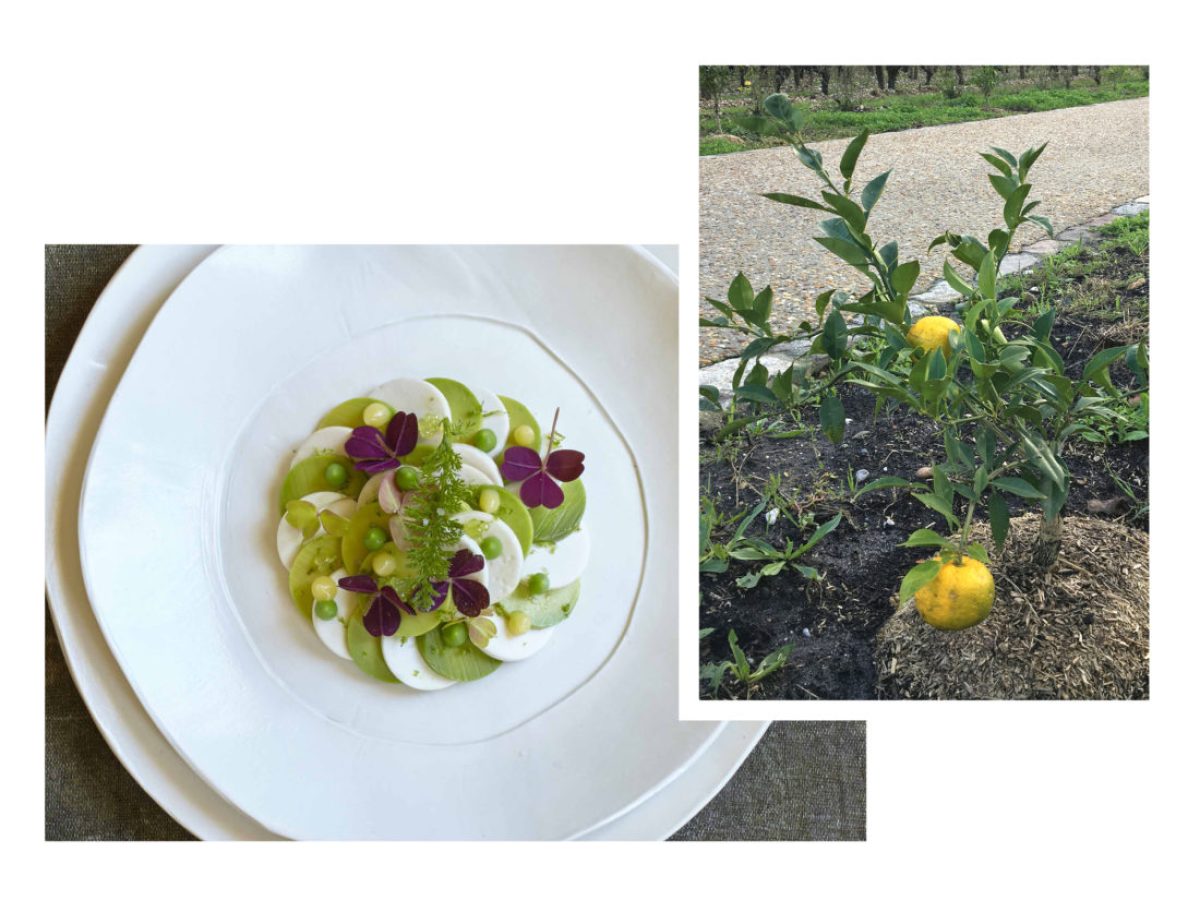This plantation on our estate makes our cooks and pastry chefs very happy to be able to work on their dishes and desserts with a increasingly locavore approach. At the same time, it actively contributes to the balance of the vine in the vicinity, thus continuing the momentum of respect for biodiversity of Château Smith Haut Lafitte. Indeed, this helps to establish animals in the vineyard, such as birds, which do not like large spaces without protection: the shrubs will provide them with something to rest and protect themselves. The plants will also increase biodiversity by promoting insect populations. This virtuous ecosystemOur biodynamic model for the past three years has enabled us to grow yuzu lemons that are certified AB, meaning that no chemicals are used on the soil.
A few years ago, chefs from all over the world were discovering and becoming passionate about this subtle citrus, very fragrant, between acidity, bitterness and sweetness. Its taste is halfway between yellow grapefruit, lime and mandarin. These powerful and complex aromasAlthough they are still relatively unknown to the general public, Nicolas Masse and Jordane Stiée also enjoy using them in their creations. Both like it as a condiment, to gently lift up Everything is about the search for balance so that it is present but not dominant. Our two-starred chef Nicolas Masse uses it to enhance cooked or raw dishes, notably with Caviar d'Aquitaine, a langoustine tartar, Venison with Grand Veneur sauce, or Avocado and Button Mushroom Carpaccio. For Jordane, our Pastry Chef, it is a privilege and even a luxury to have his own yuzus. Combined with blancmange and grapefruit in his Citrus Garden, the zest of yuzu adds pep and that little something that leaves an unforgettable sensation in the mouth. It is one of those citrus fruits that come as a surprise and give emotion with new flavours, or the memory of its sophisticated fragrance.





